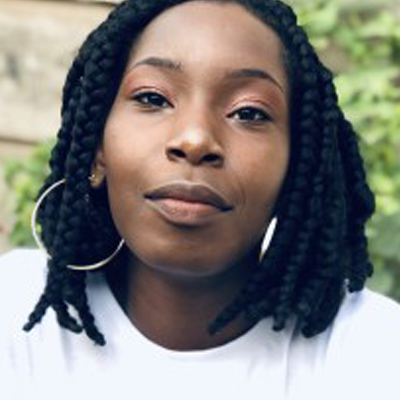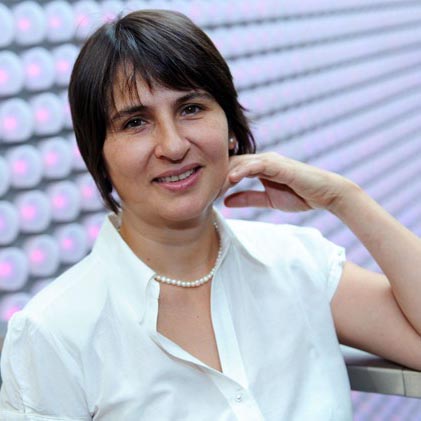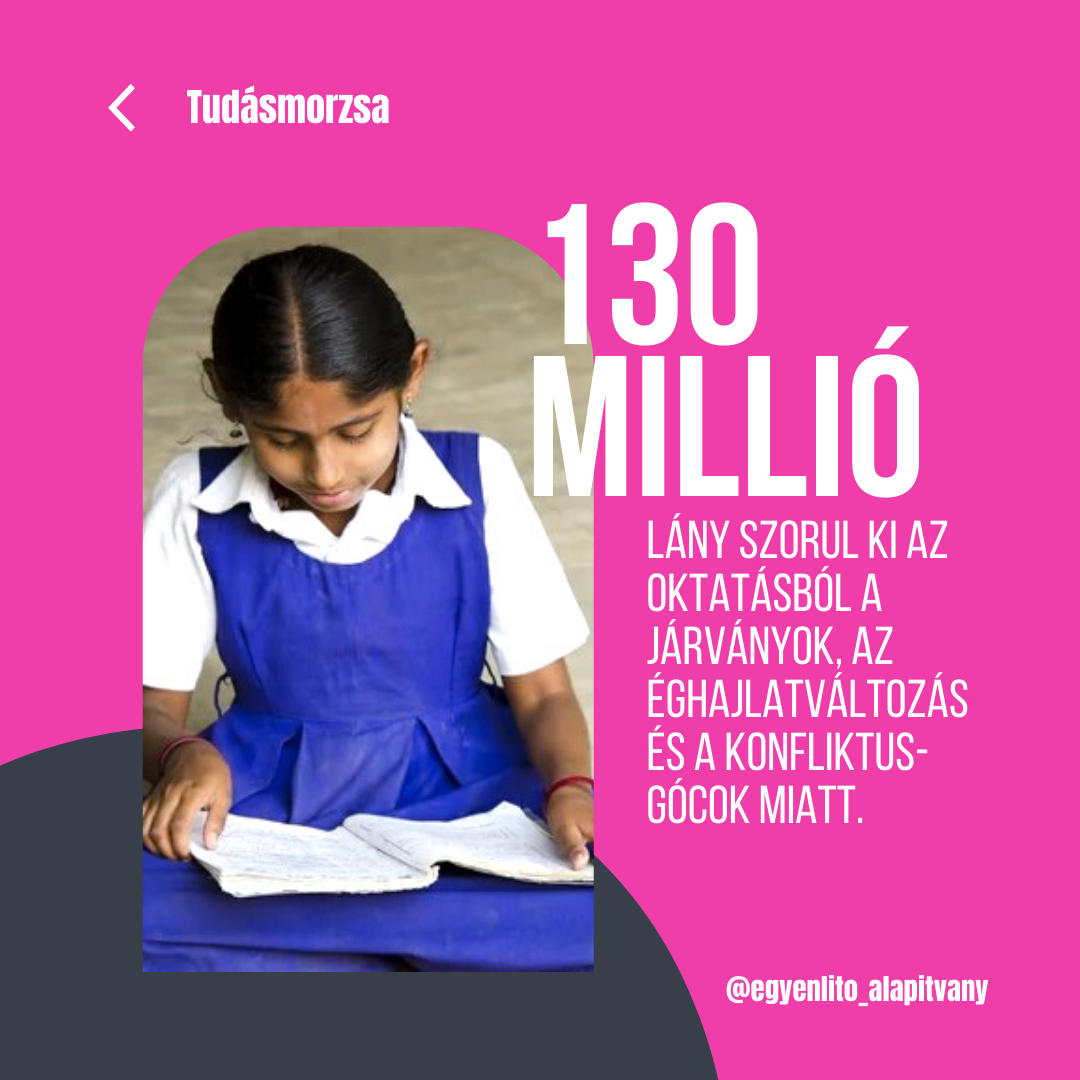There have been many advantages of the internet that we experience in our daily lives. We have access to information, which allows us to increase our knowledge, stay educated, keep in touch with distant relatives and friends, and meet new people, among other things. Nonetheless, significant downsides such as online violence, misinformation, and hate speech have emerged in these online places. How many of us have been the target of online harassment or abuse? Unfortunately, many people have experienced online harassment, among whom women face more severe forms of online abuse and violence such as sexual harassment or stalking.
Gender-based violence (GBV), also known as violence against women and girls (VAWG), is a global epidemic that impacts one in every three women at some time in their life. According to the World Health Organization, 30% of women worldwide are victims of physical and sexual abuse in intimate relationships, along with non-partner sexual assault, and romantic partners are responsible for up to 38% of all female homicides worldwide. Violence against women can lead to long-term physical, mental, and emotional health problems, as well as death in the most extreme cases.
Besides physical violence and abuse, women and girls are increasingly experiencing online gender-based violence, which takes different forms such as online harassment, discrimination, trolling, violent threats, bullying, and the sharing of intimate and sexual photographs or pictures without consent. This form of violence and abuse produces a toxic online atmosphere where women are shamed, intimidated, or degraded.
According to a survey commissioned by Amnesty and carried out by IPSOS in eight countries in 2017, 23% of women surveyed across all countries had experienced online abuse or harassment. The report also found that if you are a woman of a minority racial, ethnic, or religious group, a woman with a disability, or a lesbian, bisexual, or trans woman – or any combination of these, the situation is much worse.
According to Pew Research Center, roughly four-in-ten Americans have experienced online harassment. While men are more likely to report having been physically threatened, women are more likely to report experiencing sexual harassment and stalking. The poll also found that women are more than twice as likely as men to say the most recent incidence was very or extremely distressing. Overall, women are more likely to be outraged about online harassment than men and believe it is a crucial problem. Online harassment is also on the rise in Africa, with both high-profile and ordinary women being targeted. In 2020, a survey by Pollicy, a feminist civic tech organization, found that one in every three women had been the victim of online gender-based violence in Ethiopia, Kenya, Senegal, South Africa, and Uganda. To avoid further abuse, 66 percent of the interviewed women reported banning attackers, 14.5 percent of women deactivated their social media accounts and 12.2 percent stopped using a digital service after experiencing online violence.
Plan International found that not only women but also young girls are being harassed online. A massive global study of 14,000 girls aged 15-25 in 22 countries (including Brazil, Benin, the United States, and India), along with a series of in-depth interviews, found that the majority of online violence and abuse takes place on various platforms such as WhatsApp, Instagram and mainly Facebook, where 39% claim to have been harassed. The poll revealed that one in every five girls (19%) has abandoned or significantly reduced their usage of a social media site after being harassed, and one in every ten (12%) has changed the way they express themselves. It also demonstrates that even after being subjected to online violence or harassment, women are left to deal with the issues on their own, generating a significant impact on their future.
The continuity of violence has blurred the border between online and offline environments, allowing online violence to persist offline and vice versa. According to a study surveying, 5,647 children in the United States, victims of sexual cyber dating abuse were seven times more likely to have additionally experienced sexual coercion than were non-victims (55 vs. 8%), and perpetrators of sexual cyber dating abuse were more than 17 times more likely to have also perpetrated sexual coercion (34 vs. 2%) than were non-perpetrators. Thus, online harassment may lead to a broader culture of violence in which violence is normalized and seen as unavoidable, hence allowed in both online and offline environments.
Research indicates that online violence and abuse against women have increased during the Covid-19 pandemic. UNESCO’s latest findings also report the growth of online attacks on female journalists, especially during the COVID-19. They surveyed over 900 female journalists from 125 countries and found that roughly three-quarters of them had encountered online harassment. The report also suggests that online violence against women journalists is correlated with increased violence offline.
Moreover, Black, Indigenous, Jewish, and Arab female journalists experience the highest rates of online violence and its most severe consequences. Hiba Morgan, an Al Jazeera journalist who has covered conflicts across Africa, said she often receives online threats (including sexual violence threats) and insults due to her work and that intimidation also affects her self-esteem.
This article is timely because November 25th marks the International Day to End Violence Against Women, followed by the 16 Days of Activism against gender-based violence, running until Human Rights Day on December 10. Ever since 2008, the United Nations calls for global actions to end gender-based violence with the theme “Orange the world: End violence against women now!” If you would like to get involved in the 16 Days of Activism in Hungary and contribute to helping, educating, and stopping gender-based violence, check out the upcoming events on this page.
Introducing the lead article’s contributor
Katherine Wairimu Gikonyo is a student at International Business School (IBS) where she is studying Business Management in Marketing. She is a volunteer for the Equaliser foundation as she is an advocate of gender equality. Her previous professional experiences have been in International Hospitality Management in various hotels in Switzerland. Her primary interest is in marketing, branding, and entrepreneurship. She is passionate to help foundations and organizations such as the Red Cross that give back to those in need. She is creative, funny, and ambitious. She can be reached on LinkedIn.





